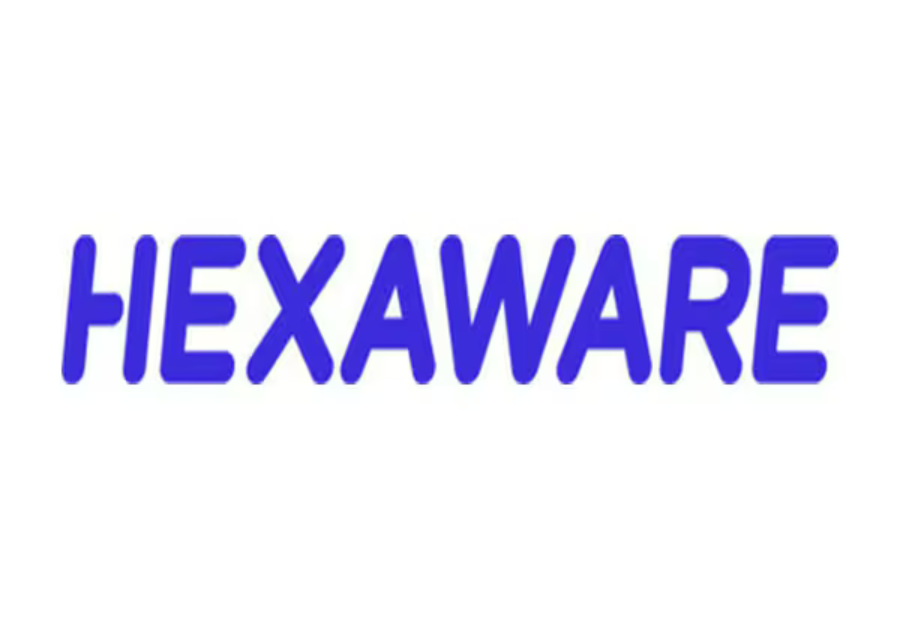India’s Global Capability Centers (GCCs) are at a turning point, according to the newly released GCC India Talentscope Report 2025 by People Matters. With the sector gearing up for massive expansion by 2030, the report highlights a growing concern—9 in 10 GCC leaders believe that talent demand will soon far exceed supply.
The findings reveal that traditional workforce management methods are no longer enough to meet the demands of this evolving landscape. As GCCs transform from cost-saving units into innovation-driven hubs, the focus is shifting from operational hiring to strategic talent orchestration.
The report stresses that relying solely on AI tools, conventional hiring, or standard retention techniques won’t bridge the widening skill gap. Instead, organizations need to rethink their entire approach to human capital.
Talent Landscape Undergoing Major Change
The GCC space is quickly evolving. As it moves toward innovation-led models, there is a sharp rise in demand for highly skilled professionals. Leaders are now expected to anticipate adjacent skill needs, invest in building capabilities, and offer unique employee value propositions to stay ahead in a fiercely competitive market.
To power India’s growth trajectory and unlock the full potential of the GCC ecosystem, the report urges companies to start addressing future talent challenges today.
Highlights from TalentScope 2025
The Skills Revolution:
AI and machine learning are now seen as core skills across Indian GCCs, especially in financial services and tech sectors. The report urges companies to also focus on related capabilities like cybersecurity, cloud architecture, and problem-solving.
Hiring Innovation:
Nearly 47% of GCCs are using AI-driven recruitment tools, enabling them to tap into global remote talent pools. This signals a shift from location-based to skills-based hiring, which is expanding the race to secure top talent.
Learning Transformation:
Organizations are moving away from standard training formats and instead investing in personalized learning paths and cross-industry knowledge sharing. The aim is to align skill development with business priorities and individual goals.
Recognition Redefined:
Traditional reward systems are being replaced by impact-based recognition models. Companies are building tools to measure and reward actual contributions, moving beyond fixed tenure-based incentives.
Retention Through Personalization:
For over 67% of GCC leaders, customized career paths are key to retention. The report notes that organizations with strong cultural alignment, flexible work options, and personalized employee engagement will fare better in keeping talent.
Strategic Priorities for 2025
To stay competitive, the report outlines the need for smart digital infrastructure and data-driven workforce strategies. Companies must also build external knowledge ecosystems, apply advanced talent analytics, and create strategies that anticipate disruption rather than react to it.
The report ends with a warning: “For GCC leaders, the transformation window is narrowing.” Those who act now and reshape their talent strategies will lead the charge. Those who wait may find themselves falling behind in a fast-changing and competitive ecosystem.
Also read: Viksit Workforce for a Viksit Bharat
Do Follow: The Mainstream formerly known as CIO News LinkedIn Account | The Mainstream formerly known as CIO News Facebook | The Mainstream formerly known as CIO News Youtube | The Mainstream formerly known as CIO News Twitter |The Mainstream formerly known as CIO News Whatsapp Channel | The Mainstream formerly known as CIO News Instagram
About us:
The Mainstream formerly known as CIO News is a premier platform dedicated to delivering latest news, updates, and insights from the tech industry. With its strong foundation of intellectual property and thought leadership, the platform is well-positioned to stay ahead of the curve and lead conversations about how technology shapes our world. From its early days as CIO News to its rebranding as The Mainstream on November 28, 2024, it has been expanding its global reach, targeting key markets in the Middle East & Africa, ASEAN, the USA, and the UK. The Mainstream is a vision to put technology at the center of every conversation, inspiring professionals and organizations to embrace the future of tech.




